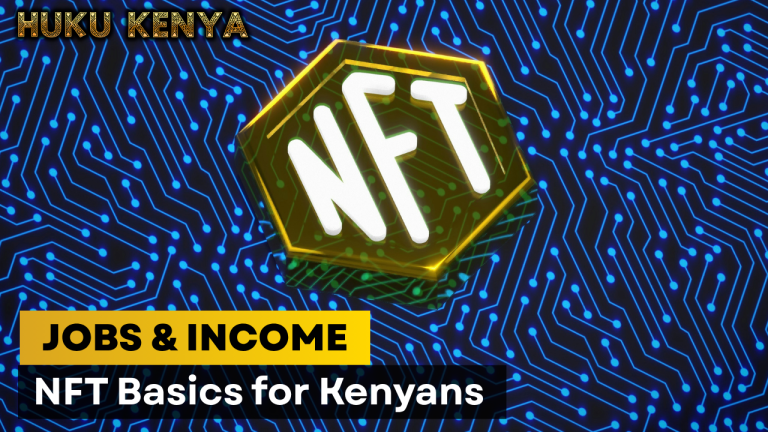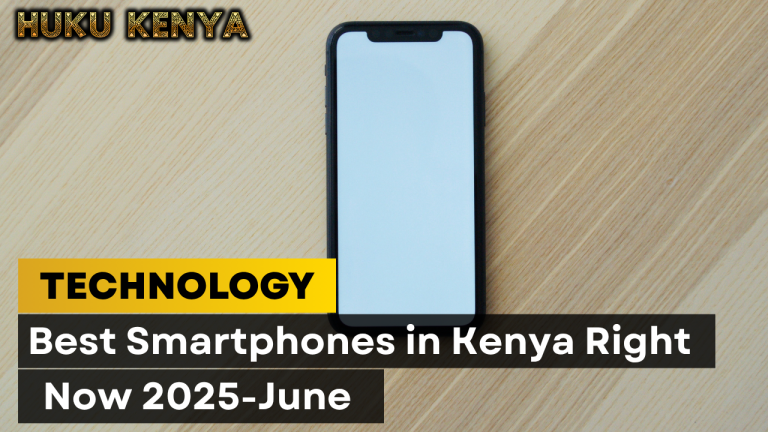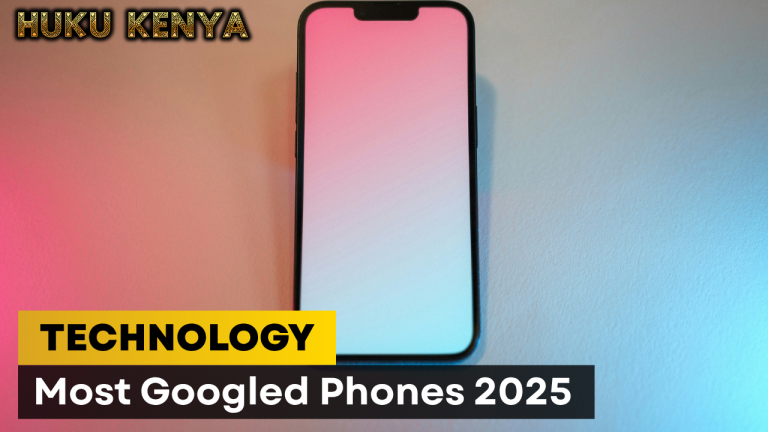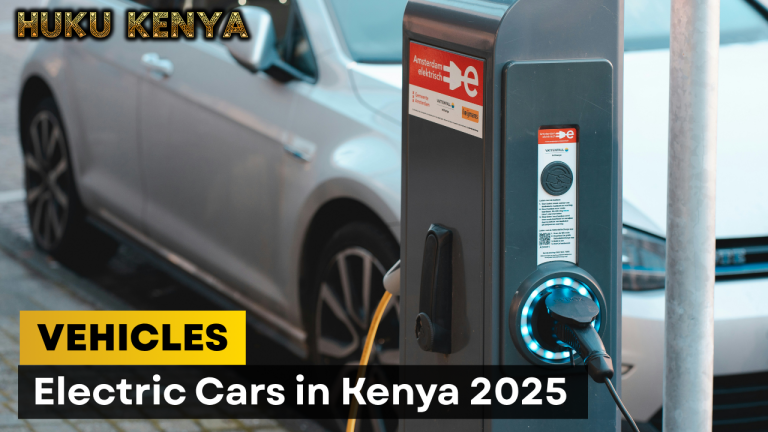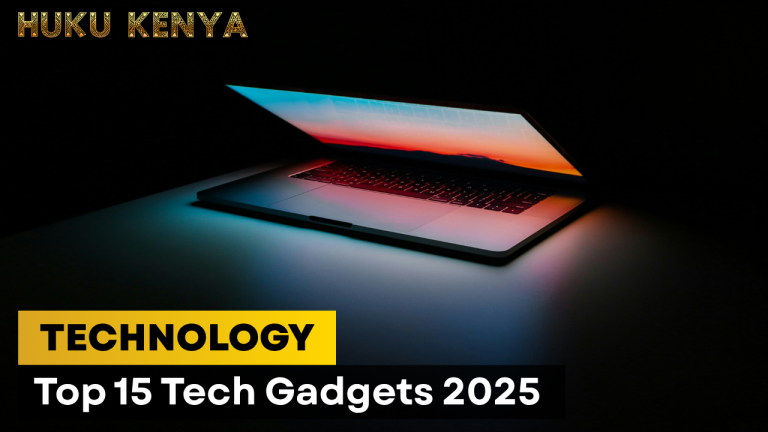
Bank vs SACCO vs Dealer Financing
Buying a car in Kenya has never been easier—or more complex. In 2025, Kenyans can choose from a wide range of financing options, including bank loans, SACCO credit, dealer financing, logbook loans, and asset finance. Each option comes with its own perks, risks, and eligibility requirements.
This guide compares the top car loan options to help you choose the best fit for your budget, lifestyle, and credit profile.
1. Bank Car Loans
Overview:
Banks offer structured car loans for both new and used vehicles, often with longer repayment periods and competitive interest rates.
Top Banks:
- Absa Bank – Up to 100% financing for new cars; 75% for used cars; up to 48 months repayment
- KCB Bank – Up to 72 months repayment; interest ~13%; requires active account and security
- NCBA Bank – Fast approval (12 hours); insurance premium financing included
- I&M Bank – Up to 80% financing; cars up to 8 years old; repayment up to 48 months
Pros:
- Lower interest rates (12%–18%)
- Longer repayment terms (up to 6 years)
- Insurance bundling and dealer partnerships
Cons:
- Requires good credit history
- May need collateral or deposit
- Slower approval for self-employed applicants
2. SACCO Car Loans
Overview:
SACCOs offer affordable loans to members, often with lower interest rates and flexible collateral rules.
Popular SACCOs:
- Stima SACCO – 12.75% reducing balance; up to 3x savings; self-guarantee option
- Safaricom SACCO – 12% interest; logbook as security; no guarantors needed
- Waumini SACCO – 14% interest; up to 4x savings; logbook or guarantor required
Pros:
- Lower interest rates (8%–14%)
- Flexible collateral (shares, logbook, guarantors)
- Community-based support
Cons:
- Must be a member (3–6 months minimum)
- Loan amount tied to savings
- Slower processing for large loans
3. Dealer Financing & Hire Purchase
Overview:
Car dealerships offer in-house financing or partner with banks to provide structured payment plans.
Examples:
- Maridady Motors – Up to 50% financing; balance payable over 24 months
- Toyota Kenya – Financing for new models via bank partnerships
- Autochek Kenya – Flexible plans for used cars
Pros:
- Immediate vehicle access
- Minimal paperwork
- Tailored to specific car models
Cons:
- Higher interest rates (12%–18%)
- Limited lender choice
- May require large deposit (10%–50%)
4. Logbook Loans
Overview:
Use your existing car as collateral to borrow up to 80% of its value.
Providers:
- Mwananchi Credit
- Platinum Credit
- FinCredit
Pros:
- Fast approval (24–48 hours)
- No need to sell your car
- Useful for emergency cash
Cons:
- High interest rates (15%–30%)
- Risk of repossession
- Short repayment periods
5. Asset Finance Companies
Overview:
Specialized lenders offer car loans with flexible terms for personal and business vehicles.
Providers:
- MOGO Kenya – Up to KSh 2.5M; 20% deposit; 60-month repayment
- Maisha Microfinance – Business vehicle loans
- Car & General Financing – Commercial vehicle support
Pros:
- Fast approval
- Tailored for informal sector
- Covers boda bodas, matatus, pickups
Cons:
- Higher interest rates (14%–36%)
- Deposit required
- Strict repayment schedules
Summary Comparison
| Financing Type | Interest Rate | Repayment Term | Deposit Needed | Best For |
|---|---|---|---|---|
| Bank Loans | 12%–18% | Up to 6 years | Often required | Salaried & self-employed buyers |
| SACCO Loans | 8%–14% | Up to 6 years | Based on savings | SACCO members & low-income earners |
| Dealer Financing | 12%–18% | 1–2 years | 10%–50% | Quick access & showroom buyers |
| Logbook Loans | 15%–30% | 1–3 years | No deposit | Car owners needing fast cash |
| Asset Finance | 14%–36% | Up to 5 years | 20%–30% | Informal sector & SMEs |
Final Thoughts
If you’re buying a car in Kenya in 2025, start by comparing total cost of credit, not just interest rates. For salaried buyers, banks like KCB, NCBA, and Absa offer solid options. SACCOs are ideal for community-based lending, while dealer financing suits buyers who want speed and convenience. Already own a car? A logbook loan might unlock quick capital—but tread carefully.


